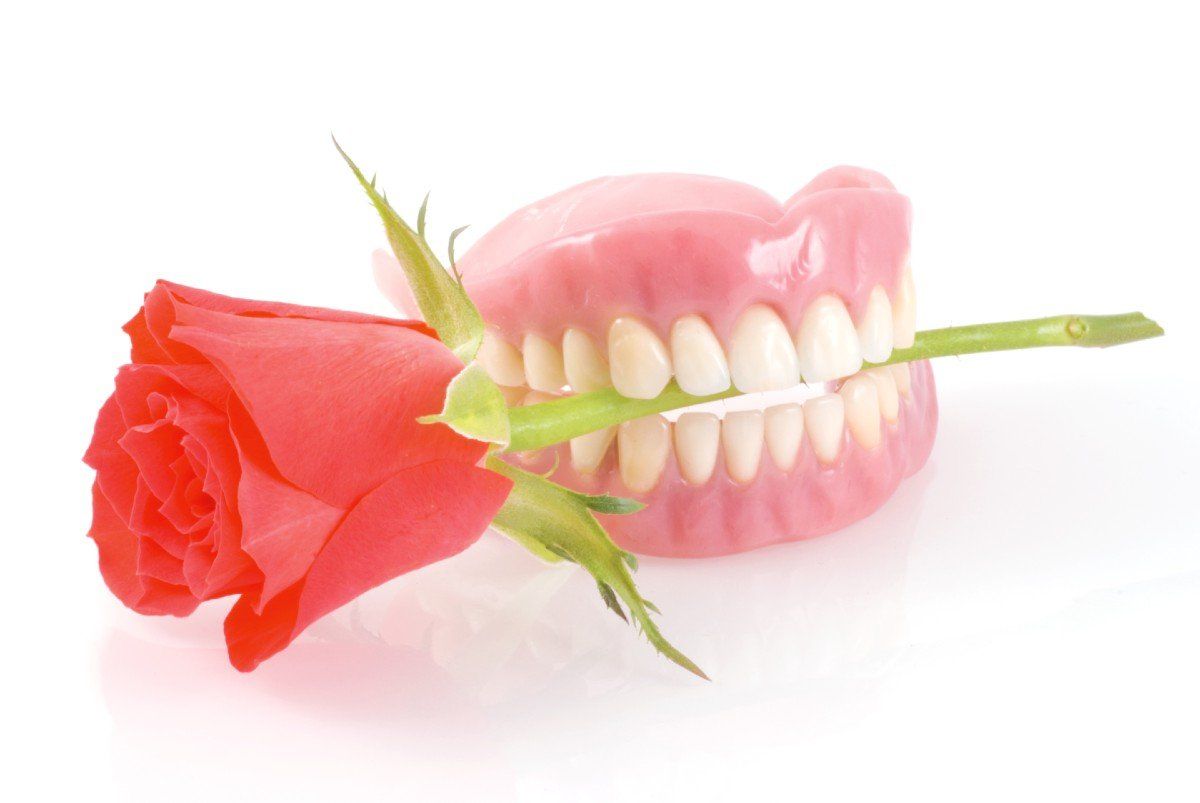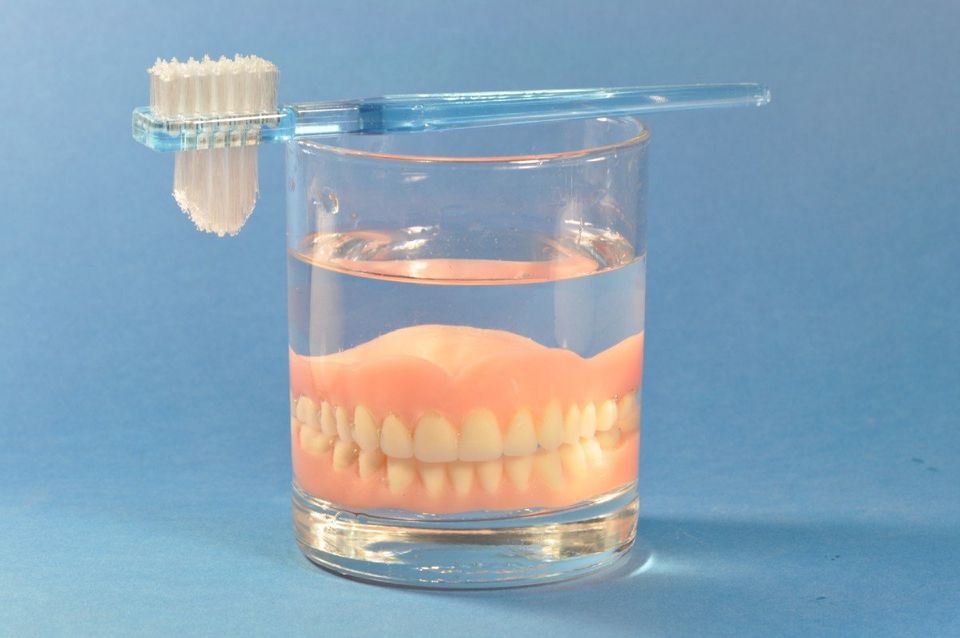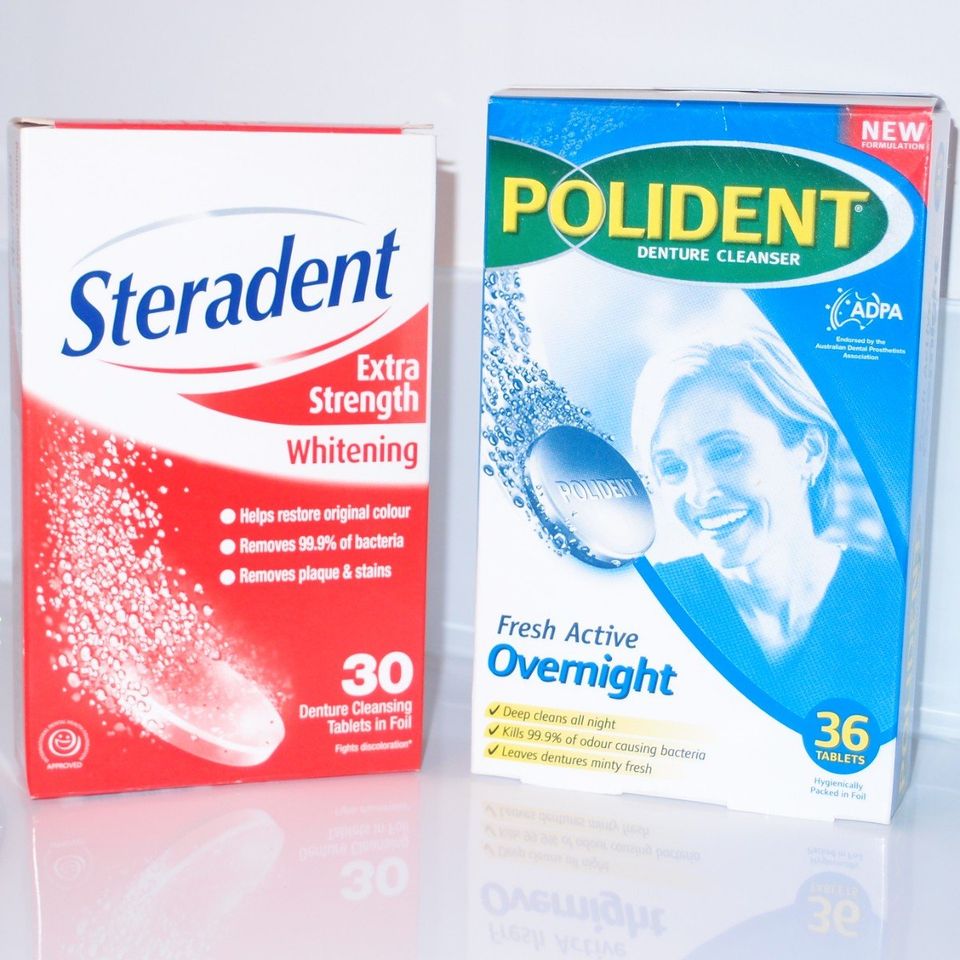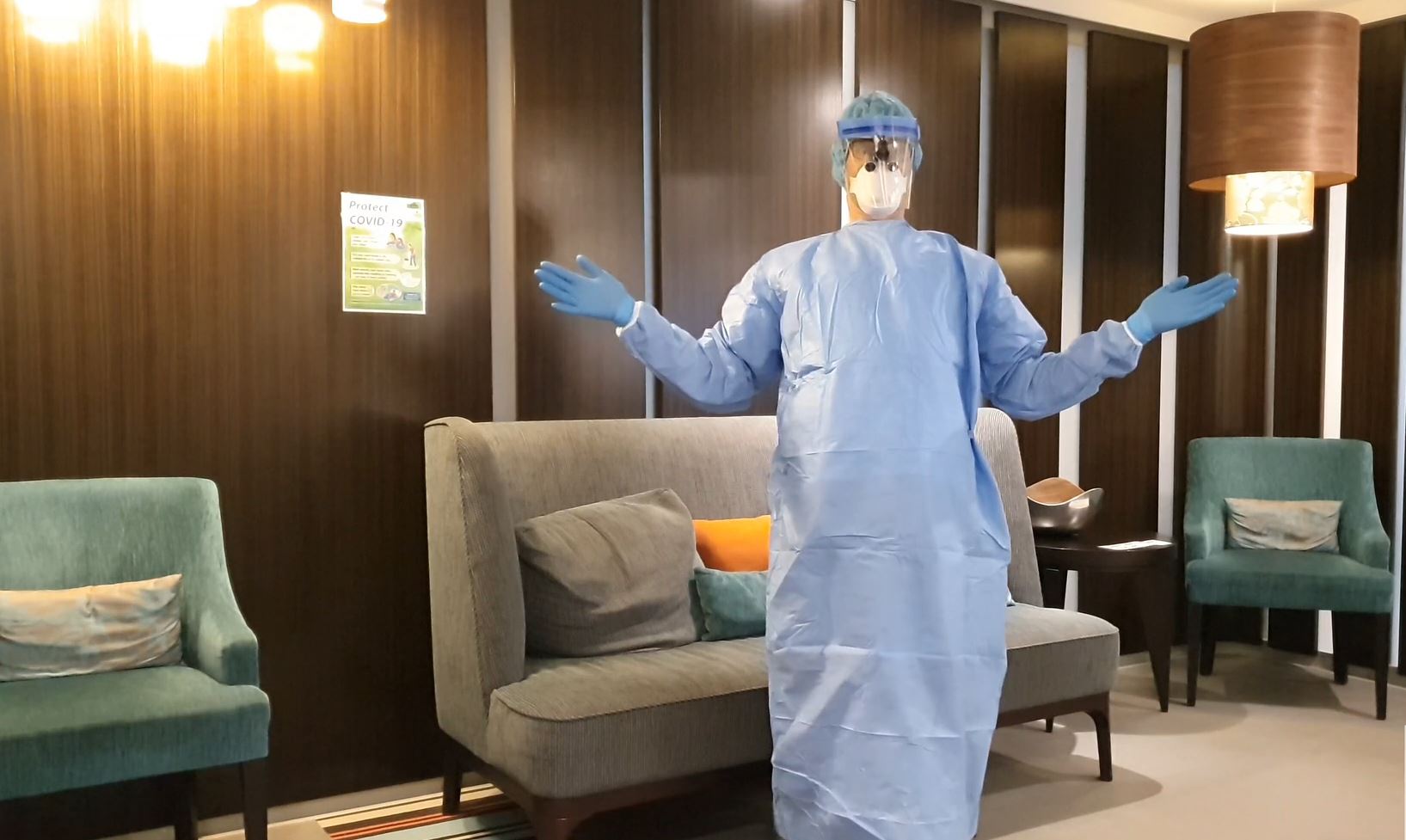Caring For Dentures
Dec 29, 2019
Why clean your dentures?
Plaque forms on dentures the same way as it does on natural teeth. While your dentures will not decay, plaque growth may cause problems with bad breath and staining, not to mention an unpleasant feel. If left, plaque will mineralise and form calculus (tartar), a hard, chalky deposit which is very difficult to remove.
Staining may be caused by smoking, tea, coffee, and certain coloured foods and drinks. Plaque and calculus are particularly susceptible to taking up discolouration. Plaque and stains are easily removed from a clean denture, but calculus is much more difficult.
Poor oral hygiene and plaque formation can also cause ‘oral thrush’ under your denture. This is caused by the ‘candida’ organism. Again, it is prevented by keeping your denture clean.
The three steps to denture care
1. Brushing
Dentures should be removed and brushed with a soft toothbrush and a mild soap. It is best to avoid using toothpaste on your denture as most toothpastes are too abrasive and will slowly wear your denture away. Brushing removes plaque and food debris.
It is a good idea to clean your denture over a soft surface or basin of water to prevent damage if it is dropped.
If you are wearing a partial denture, it is equally important to clean your remaining natural teeth with a fluoride toothpaste. This is best achieved by removing your denture first to access as many surfaces of your teeth as possible. If you have a full denture simply rinse your mouth thoroughly with water while your dentures are out.
2. Overnight Soaking
Dentures should be soaked in a sterilising solution once a day. Ideally they should be removed and soaked overnight. This thoroughly cleans your dentures but also gives the gums time to rest. We recommend using ‘Polident’ denture cleanser, following the manufacturers instructions. Alternatively use a teaspoon of hypochlorite bleach (‘Janola’ or ‘Chlorogene’) diluted in a glass of water. We do not recommend using ‘Steradent’ as have found it bleaches the pink colour out of some denture base materials.
If you have a metal partial denture or metal clasps on your denture do not use bleach solutions as they will corrode the metal. Only soak your denture in ‘Polident’ cleansing solution. ‘Polident’ is available in most chemists and supermarkets.
If you decide not to take your dentures out at night, treat them like your natural teeth and clean them before bed and when you get up in the morning.
3. Rinsing
Before placing your dentures back in your mouth, rinse them with water to remove any sterilising solution.
Problems with your dentures
Sore Spots and Ulcers
Sore spots are very common, especially with new dentures. If these persist for more than a couple of days, please call us. Usually your denture will simply need minor adjustment in the problem area.
Speech Problems
Speech may initially be difficult, especially for the new denture wearer. Perseverance and practice are the key to success. Reading aloud is a good exercise. Usually speech will become more natural within 1-2 days.
Eating
Eating may be awkward at first as the technique is different from eating with natural teeth. Your denture teeth are not anchored into the jawbone like natural ones, but are joined together for stability. It is often easier to chew with your side teeth than your front ones to avoid the denture tipping.
It may also be easier to start with soft, less sticky foods, cutting them into smaller pieces. The muscles of your tongue and cheeks will quickly adapt to your new eating habits, and eating will become easier each day.
Stubborn stains and deposits
Some stains and calculus cannot be removed by brushing. It is necessary to see a dentist to remove these.
If you have any other problems or questions regarding your new dentures and their care, please don’t hesitate to contact us.
Wellington CBD Location
© 2024
Discover Dental
Contact
04 472 3510






